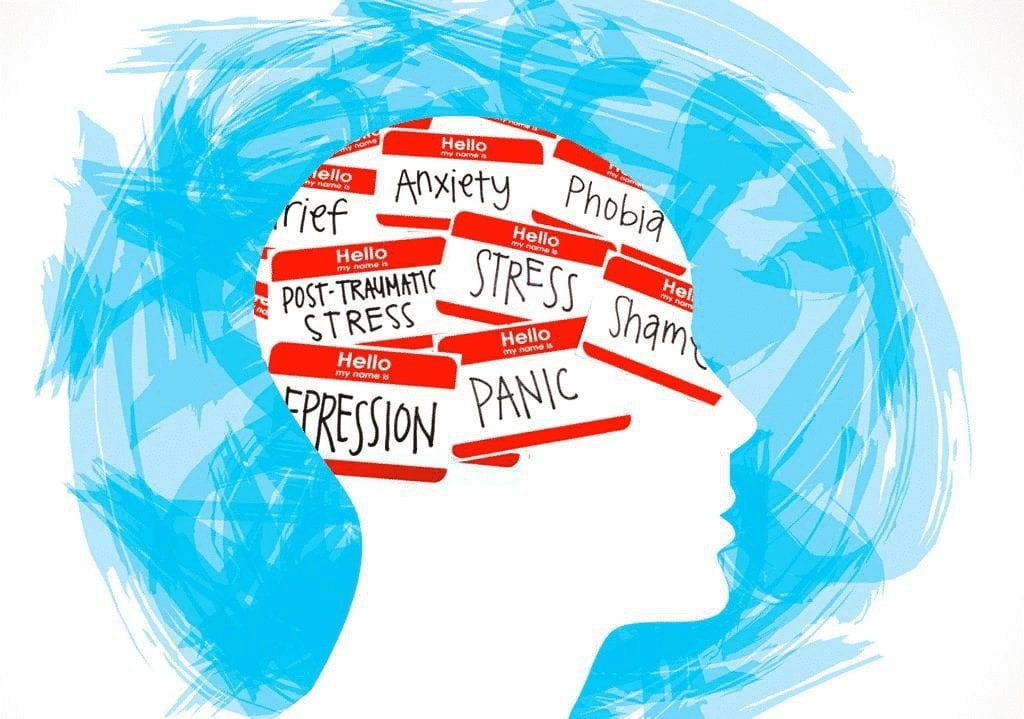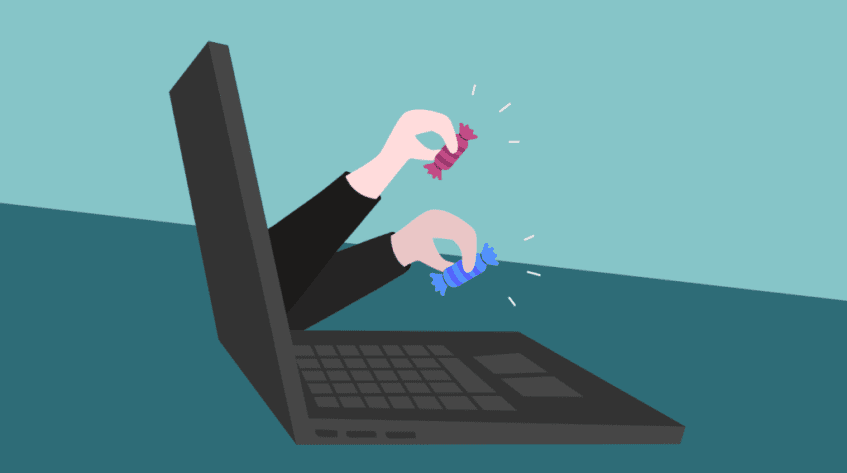3 Unique Challenges for Parents In The Digital Age 2026
Are you aware of the unique challenges parents face in the digital age? As a parent, keeping your kids safe online can be tough. Kids today quickly learn how to use smartphones, browse the web, and chat with others, making it harder to protect them from potential dangers. While it’s impressive how fast they adapt to technology, it also brings significant challenges. From exposure to inappropriate content and online predators to screen addiction, there’s much to be concerned about. Understanding these challenges will help you take steps to keep your kids safe.
Understand the Impact of Technology on Kids
Technology plays a major role in kids’ lives, but it’s crucial to understand how it affects them. Excessive screen time can lead to physical issues like eye strain and emotional challenges such as anxiety. Below, we explore how technology impacts kids and what parents can do about it.
Physical Health
Spending too much time on screens can have a direct impact on kids’ health. Staring at devices for hours can lead to eye strain, headaches, and poor posture. With more screen time, they’re also less likely to play outside, which means fewer opportunities for exercise and physical activity, leading to weight gain and other health issues.

Mental and Emotional Effects
Tech can affect how kids feel and think. Too much time on social media or playing games can leave them feeling anxious, isolated, or depressed. Late-night screen time can also interfere with sleep, leaving them tired and irritable during the day, which can affect their mood.

Social Development
When kids spend a lot of time online, they miss out on face-to-face interactions. This can make it harder for them to develop strong social skills, like reading body language or having real conversations. Online interactions can also expose them to bullying or harmful content that they might not face in person.

3 Unique Challenges for Parents In The Digital Age
1. Cyberbullying
Bullying doesn’t just happen at school anymore; it’s online, too. With social media and messaging apps, kids can be bullied anywhere, even at home. What makes it worse is that they don’t always tell you about it. In the past, a child could escape bullying by coming home, but now, the internet means it follows them everywhere.
A 2021 survey by Pew Research Center found that 59% of U.S. teens have experienced some form of cyberbullying. Additionally, 40% of teens say they have been personally bullied online
How to Deal with Cyberbullying?
- Teach your kids to ignore and block any bullying messages. If something upsetting happens online, remind them to turn off their phones and step away.
- Look for signs of cyberbullying, like your child becoming withdrawn or upset. Kids don’t always talk about it, so being proactive is important.
- Keep an eye on your child’s online activities. Help them understand how to stay kind online and explain the dangers of engaging in bullying behavior.
2. Online Predators
Online predators are a serious concern. Children often trust strangers they meet online, and that can make them vulnerable. Predators are patient, building trust over time before making dangerous moves. It’s important to talk to your kids and educate them on how to stay safe.
According to a 2019 report by the National Center for Missing & Exploited Children (NCMEC), over 18 million cases of suspected online child exploitation were reported. This statistic underscores the serious risk of online predators targeting children via social media and chat platforms.
How to Deal with Online Predators?
- Teach your kids not to talk to strangers online, and make sure they understand why meeting someone they’ve only met on the internet is never a good idea.
- Have regular conversations with them about their online activities. Let them know they can always come to you if they feel uncomfortable about something online.
- Consider using parental control apps to monitor their activity and block inappropriate content. It’s better to prevent any issues before they start.
3. Screen Time
With all the screens available, limiting screen time is one of the hardest parts of parenting today. Kids can get hooked on games, social media, or videos, spending hours on their devices without realizing it. Too much screen time can affect their sleep, mood, and even schoolwork.
A 2020 study by Common Sense Media revealed that children aged 8-12 spend an average of 4-6 hours per day on screens, while teens spend 7-9 hours daily. This excessive screen time is linked to issues like sleep disruption and reduced physical activity in children.
How to Limit Screen Time?
- Set clear limits on daily or weekly screen time. For example, make sure they take breaks and avoid using devices right before bed.
- Create screen-free zones, like the dining table, or designate certain times of the day when screens are off-limits.
- Encourage your kids to spend more time outside or get involved in activities that don’t involve screens.
- Use parental control settings to help block content and manage app usage, ensuring your child isn’t spending too much time on their phone.
Useful Strategies for Digital-Age Parenting
Parenting today isn’t easy, especially with kids spending so much time online. It’s important to set clear rules about screen time and be actively involved in their online world. This guide shares simple, practical tips to help you manage your kids’ tech use, teach them how to stay safe online, and make sure they balance screen time with offline activities. These strategies will help you protect your kids in the digital world.
Set Clear Limits on Screen Time
Make sure you set a daily limit on how much time your child spends on screens. If possible, establish screen-free times, like during meals or before bed. This helps your child unwind and ensures they’re not glued to their devices for hours.
Talk Regularly About Online Safety
Talk to your kids about the risks they face online, like cyberbullying and online predators. Make sure they understand not to share personal info and to be careful who they talk to. Keep the conversation open, so they feel comfortable talking to you about any issues.
Use Parental Control Apps
Parental control apps like iKeyMonitor can help you keep track of what your child is doing online. You can monitor their social media, block inappropriate content, and set limits on screen time. This helps ensure your child is not exposed to harmful content.
Set a Good Example
Kids learn by watching. If you’re constantly on your phone, they’ll think that’s normal. Set boundaries for your own screen time, and make time for face-to-face interactions, outdoor activities, and family time. Show them that tech is a tool, not a replacement for real-life connection.
Encourage Offline Activities
Encourage your child to spend time doing things other than staring at a screen. Whether it’s reading, drawing, playing outside, or a sport, these activities help them build social skills and reduce their dependency on devices.
FAQs About Unique Challenges for Parents
Q1. What are the biggest challenges parents face today?
Many parents deal with cyberbullying, too much screen time, and online safety issues. Having clear rules, talking openly with your kids, and using tools like iKeyMonitor can help keep things under control.
Q2. How can I protect my kids from cyberbullying?
Ensure your kids know they can always talk to you about anything that bothers them online. Keep an eye on their online activity with tools like iKeyMonitor to spot any signs of bullying early.
Q3. What should I do about my child’s screen time?
Set limits for daily screen time and encourage other activities like sports or reading. Using iKeyMonitor helps you track how much time they spend on their devices and stay on top of it.
Q4. What are the signs that my child is being bullied online?
If your child suddenly becomes more secretive, avoids their phone, or seems down, they might be dealing with cyberbullying. Keep track of their activity with tools like iKeyMonitor to catch issues early.
Q5. Why is it important to teach my kids about online safety?
They must understand risks like online predators or scams. Tools like iKeyMonitor can help you monitor their behavior and reinforce your lessons on staying safe online.
Conclusion
Dealing with the unique challenges for parents in the digital age can be tough, but using iKeyMonitor can help. By installing it on your child’s phone, you can track what they’re doing online, from the websites they visit to the apps they use. It also allows you to set screen time limits and block inappropriate content. Sign up and start now!

Category: Learning & How to, Parental Control Tips